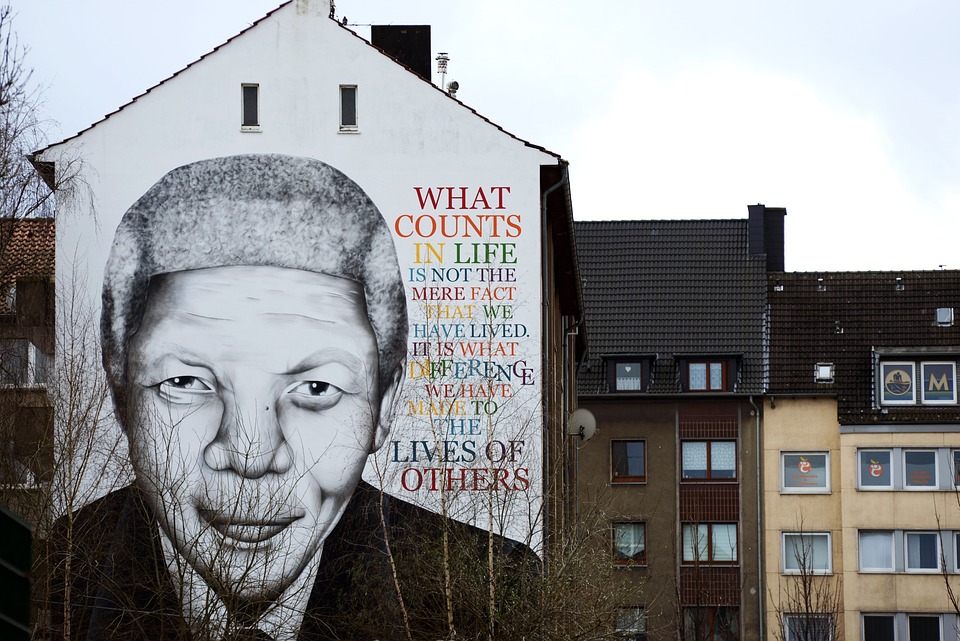Nelson Mandela was born on July 18, 1918, in a small village in the Eastern Cape province of South Africa. He was the son of a local chief, and Mandela grew up in a traditional tribal community. However, he was also exposed to the harsh realities of apartheid, which was the system of racial segregation and discrimination that dominated South Africa at the time. Nelson Mandela’s early life was marked by discrimination and inequality, as he grew up in a society that was deeply divided along racial lines. He was expelled from university for participating in a student protest, and he struggled to find employment as a lawyer due to his race.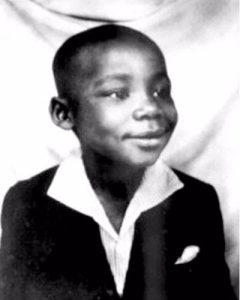
Mandela became involved in the anti-apartheid movement in his early 20s, joining the African National Congress (ANC) in 1944. He quickly rose to prominence within the organization, advocating for nonviolent resistance to apartheid and calling for an end to racial discrimination.
Before he was imprisoned, Mandela was involved in various political activities and protests aimed at dismantling the apartheid system. He played a key role in organizing the 1955 Congress of the People, which adopted the Freedom Charter, a document calling for a non-racial, democratic South Africa. He was also one of the leaders of the Defiance Campaign in 1952, which encouraged people to openly defy discriminatory laws.
“No one is born hating another person because of the color of his skin, or his background, or his religion. People must learn to hate, and if they can learn to hate, they can be taught to love, for love comes more naturally to the human heart than its opposite.” -Nelson Mandela
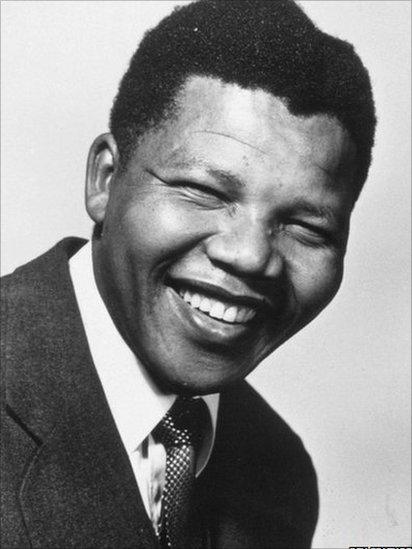
In 1961, Mandela became the commander-in-chief of the ANC’s military wing, Umkhonto we Sizwe, which carried out acts of sabotage against government targets. It was his involvement in these activities and his activism also made him a target of the government, and he was arrested and sentenced to life in prison in 1964 on charges of sabotage and conspiracy.
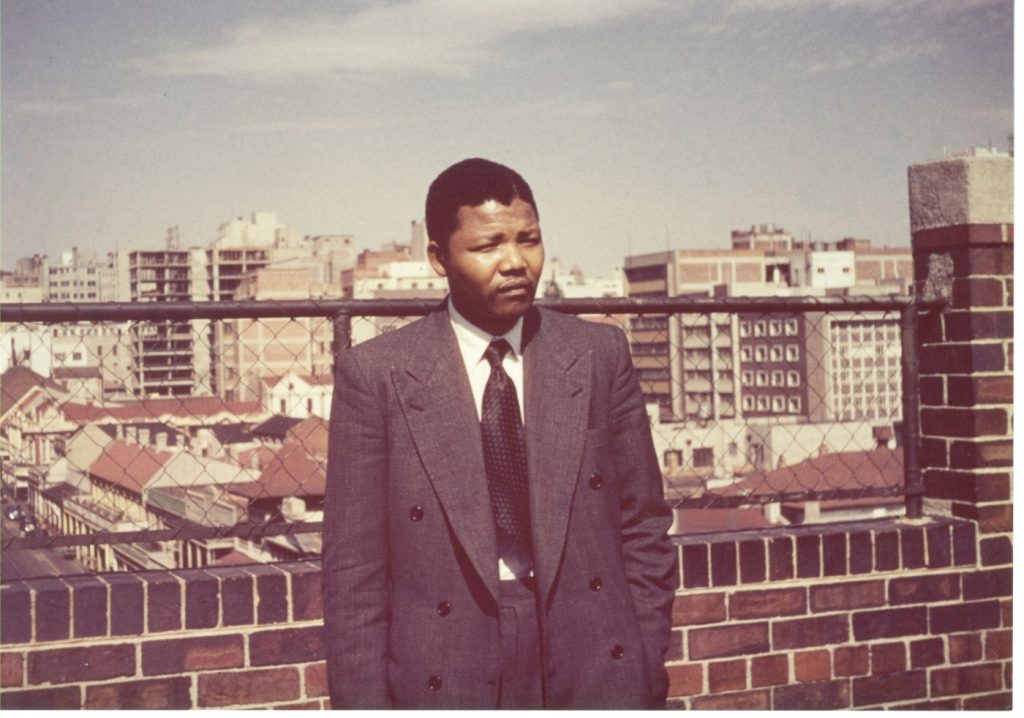
Mandela spent 27 years in prison, during which time he became a symbol of resistance and hope for millions of people around the world. Mandela was imprisoned on Robben Island, a maximum-security prison located off the coast of Cape Town, South Africa. He spent 18 of his 27 years in prison on Robben Island, where he was subjected to harsh living conditions and forced to perform hard labor in a limestone quarry. Despite the difficult conditions, Mandela continued to resist the apartheid regime and inspire others to fight for freedom and equality.
“I learned that courage was not the absence of fear, but the triumph over it. The brave man is not he who does not feel afraid, but he who conquers that fear.” – Nelson Mandela
During his time in prison, Mandela became a symbol of hope for millions of people around the world. He wrote letters, smuggled out messages, and worked to rally support for the anti-apartheid movement. He also continued to educate himself, reading extensively and earning a law degree through a correspondence course.
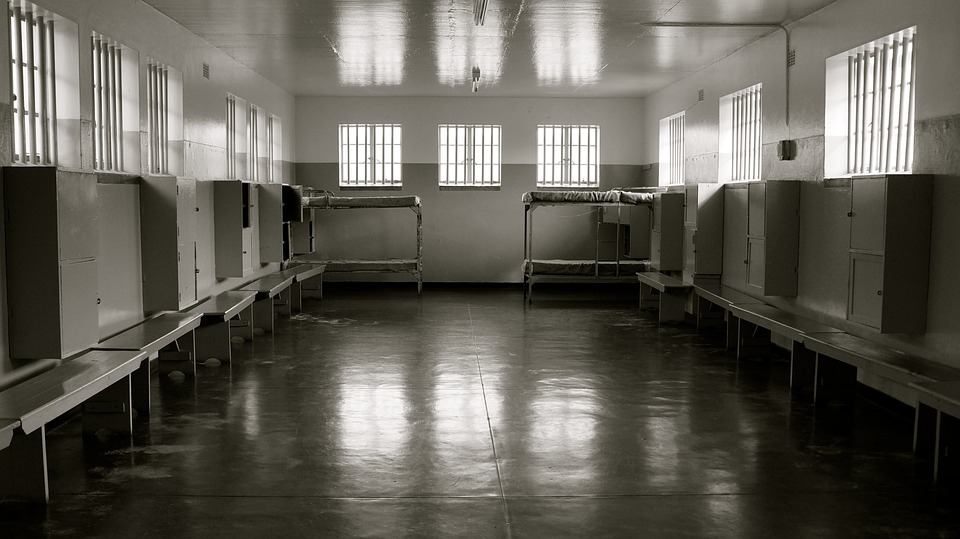
Mandela’s life in prison serves as a symbol of resistance because he refused to give up in the face of oppression and injustice. He remained committed to his beliefs and values, even in the face of adversity and hardship. His imprisonment also highlights the power of the human spirit to overcome even the most difficult circumstances and to inspire others to work towards a better future.
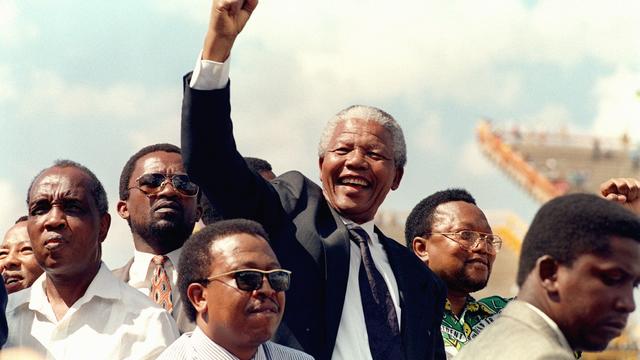
Mandela’s imprisonment also helped to raise awareness of the injustices of apartheid and galvanized support for the anti-apartheid movement. His release from prison in 1990 was a watershed moment in South African history, and he became a leading figure in the country’s transition to democracy. He negotiated with the government to bring about democratic elections and became the first black president of South Africa in 1994.
“I have cherished the ideal of a democratic and free society in which all persons live together in harmony and with equal opportunities. It is an ideal which I hope to live for and to achieve. But if needs be, it is an ideal for which I am prepared to die.” – Nelson Mandela
Mandela’s life and legacy are a testament to the power of perseverance, courage, and forgiveness. He believed in nonviolence and reconciliation, even in the face of oppression and injustice. His commitment to social justice and human rights has inspired millions of people around the world to work towards a more just and equitable society.
Lessons that can be learned from Mandela’s life include the importance of standing up for what is right, even in the face of adversity and oppression. His unwavering commitment to justice and equality demonstrates the power of perseverance and determination. Additionally, Mandela’s belief in forgiveness and reconciliation is a reminder of the importance of compassion and empathy in promoting peace and harmony.
“For to be free is not merely to cast off one’s chains, but to live in a way that respects and enhances the freedom of others.” -Nelson Mandela
Nelson Mandela’s death on December 5, 2013, was met with an outpouring of grief and admiration from people around the world. Many world leaders, including U.S. President Barack Obama, British Prime Minister David Cameron, and United Nations Secretary-General Ban Ki-moon, issued statements praising Mandela’s life and legacy. They emphasized his leadership, courage, and unwavering commitment to justice and reconciliation. Flags were flown at half-mast in many countries, and people held vigils and memorials to honor Mandela’s life and legacy. Social media was also filled with tributes and messages of condolence from people around the world. Mandela’s death was also covered extensively in the media, with news outlets around the world reporting on his passing and reflecting on his life and impact.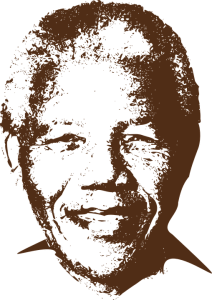
Overall, the response to Mandela’s death was a testament to the profound impact he had on the world and the enduring legacy of his leadership and advocacy for social justice.

